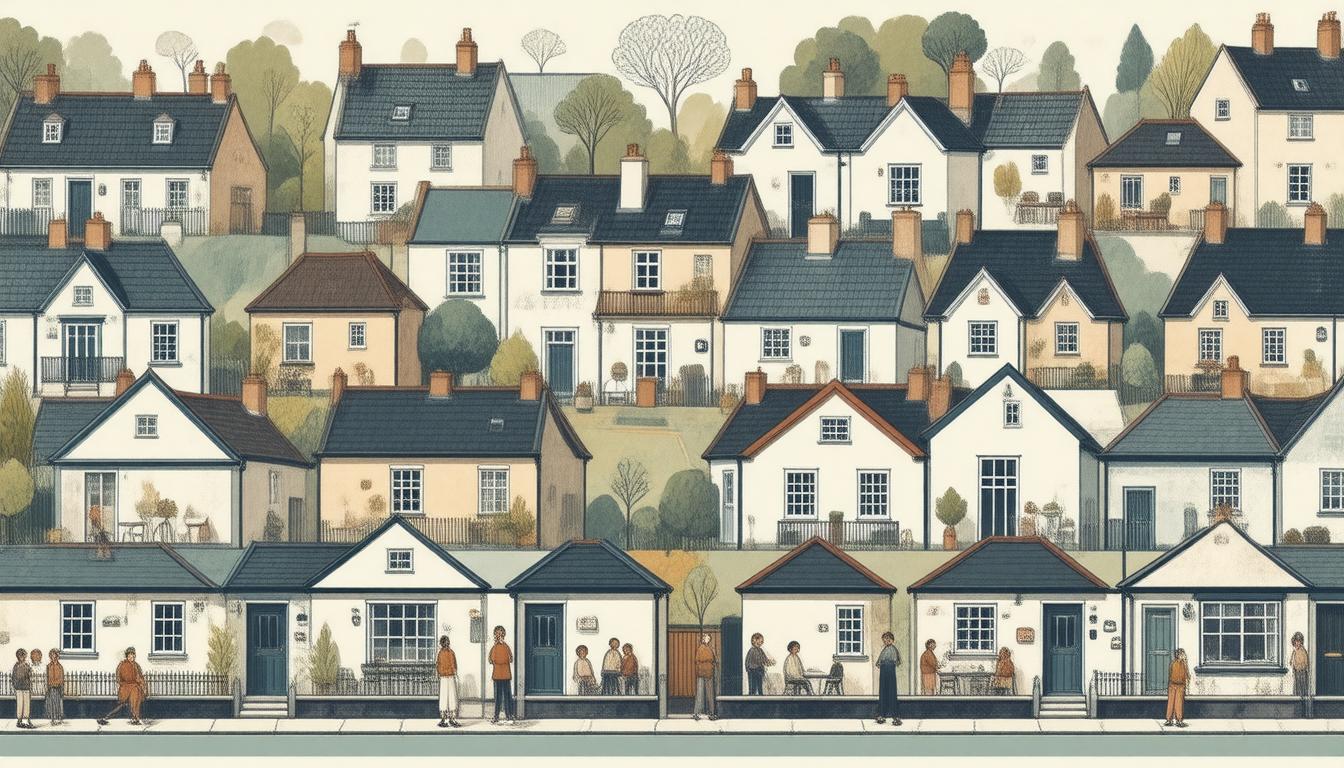In response to mounting concerns regarding living conditions and community disturbances, Flintshire Council is set to introduce new licensing proposals aimed at regulating all Houses in Multiple Occupation (HMOs) within the region. Current estimates suggest that Flintshire houses around 400 HMOs, yet only a fraction—14 properties—are covered by the existing national licensing scheme. This under-regulation has prompted local authorities to take action, particularly in areas such as Shotton, where the prevalence of HMOs has led to significant parking issues, littering, and general anti-social behaviour. The proposed changes aim to enhance oversight and promote better living standards, not only addressing community complaints but also ensuring that all HMOs comply with essential safety and management standards.
Key Takeaways
- Flintshire is proposing new licensing regulations to improve living conditions for residents in HMOs.
- Currently, only a small fraction of HMOs in Flintshire are licensed, raising concerns about safety and management.
- Community leaders are advocating for tighter controls to mitigate issues like anti-social behavior and congestion related to HMOs.
Current State of Licensing for HMOs in Flintshire
In Flintshire, recent discussions have emerged emphasizing the need for tighter regulations surrounding houses in multiple occupation (HMOs), aimed at enhancing living conditions and addressing various community concerns, particularly regarding anti-social behaviour. According to the latest data released by the Welsh Government, approximately 400 HMOs operate within Flintshire; however, a troubling statistic indicates that only 14 of these properties are currently covered by the national licensing scheme. This scheme is limited primarily to larger HMOs—those accommodating five or more occupants across three or more storeys, or those that include multiple households (Welsh Government, 2024). Community leaders and local council officials have voiced significant concerns, particularly in areas like Shotton where HMOs are prevalent, about issues such as inadequate parking, rising instances of anti-social behaviour, and increased littering. To address these challenges, Flintshire Council is actively considering the implementation of an additional licensing programme that would include smaller HMOs, thereby enhancing regulatory oversight and ensuring improved property management standards within the community (Flintshire County Council, 2024). This initiative aims to not only elevate the living conditions within these properties but also to foster a more harmonious neighbourhood environment.
Proposed Changes and Community Impact
The proposed measures by Flintshire Council reflect a growing awareness of the need to adapt regulatory frameworks to address the complexities of housing in multiple occupation. The potential expansion of the licensing program is expected to benefit not only tenants but also the broader community. With the unregulated nature of smaller HMOs often leading to increased incidents of anti-social behaviour and neglect, the council’s efforts to enforce stricter requirements are anticipated to create a safer and more pleasant living environment (BBC News, 2024). By mandating that all HMOs, regardless of size, comply with licensing regulations that cover safety standards, occupancy limits, and management practices, residents can expect a reduction in parking congestion, litter, and rowdy behaviour that have historically plagued neighbourhoods with a high concentration of HMOs. Furthermore, enhanced scrutiny and support for landlords may lead to improved property conditions, ultimately contributing to the regeneration of the local area and increased property values over time (Flintshire Live, 2024). Community feedback has been overwhelmingly supportive of these changes, indicating a collective desire for a more structured approach to housing that prioritises resident wellbeing and community cohesion.





